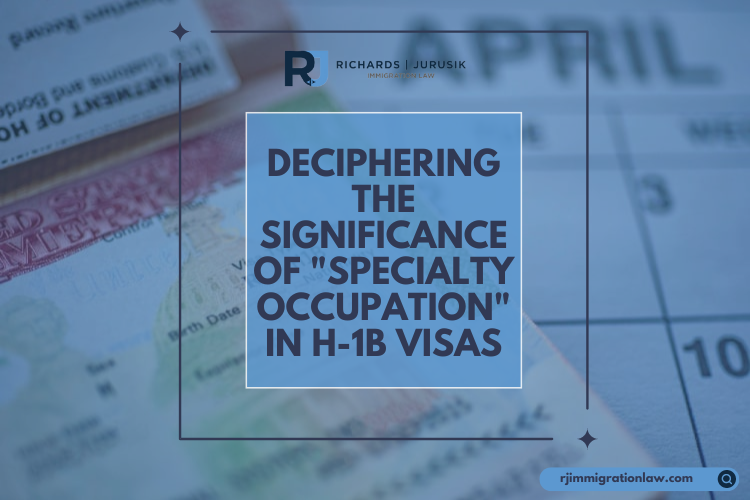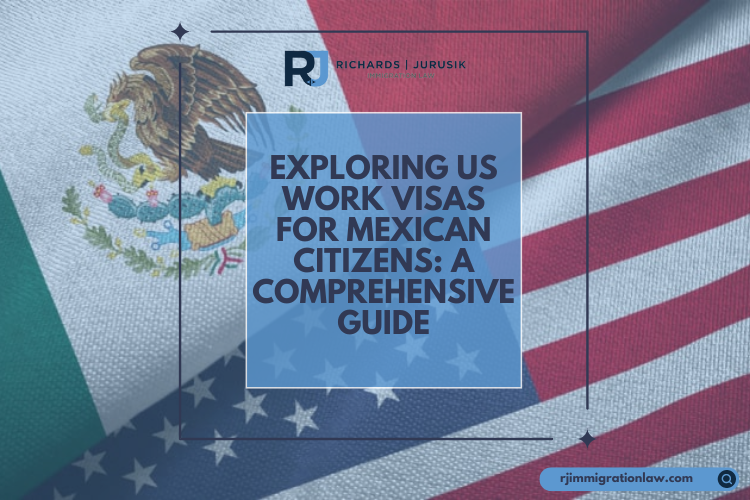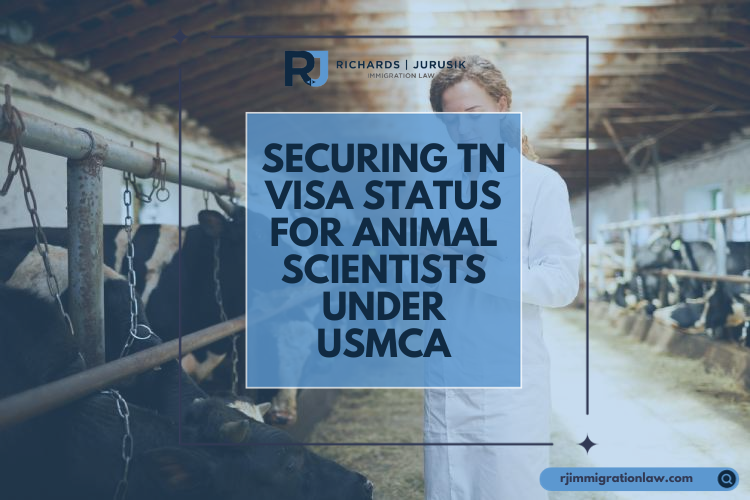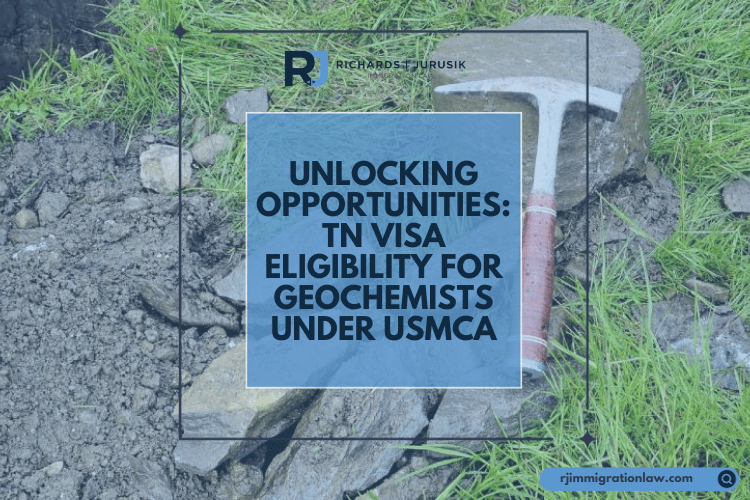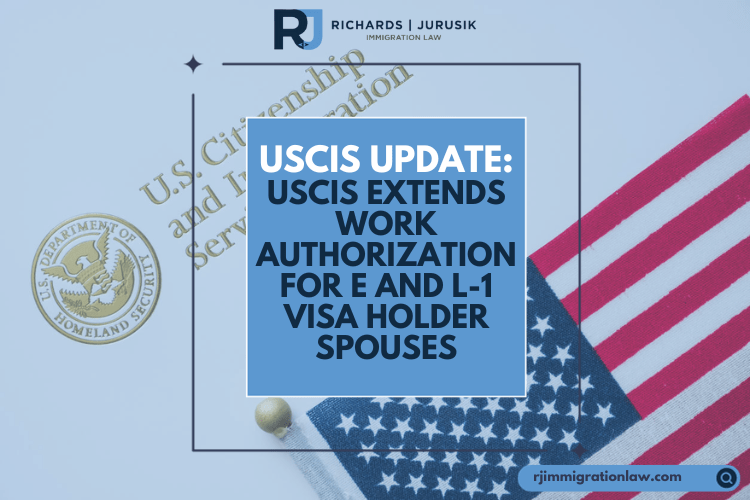In the realm of H-1B visas, the term “specialty occupation” is paramount, serving as a key criterion for foreign professionals seeking to engage in specialized work within the United States. Delving into this concept is crucial to understanding the eligibility criteria and ensuring a successful H-1B visa application.
Defining “Specialty Occupation” in H-1B Visas
A “specialty occupation” in the context of H-1B visas encompasses roles that require a unique blend of both theoretical and practical application in a highly specialized field of knowledge. The fundamental requirement for such positions is a minimum of a bachelor’s degree or its equivalent, establishing a baseline for entry-level positions in the profession.
To be officially recognized as a “specialty occupation,” a role must meet at least one of the following four criteria:
- A bachelor’s degree or its equivalent is generally the minimum prerequisite for the specific position.
- Degree requirements for the role align with industry standards, or the position is so distinctive or intricate that only a degree holder can execute it.
- The employer mandates a degree or its equivalent for the job.
- The duties associated with the role are so specialized and complex that the knowledge required to perform them is typically associated with a bachelor’s or higher degree.
Qualifications for Specialty Occupation in H-1B Visas
To ensure eligibility for a “specialty occupation” under the H-1B visa framework, individuals must meet one of the following criteria:
- Hold a U.S. bachelor’s or higher degree in the specialty field from an accredited institution.
- Possess a foreign degree equivalent to a U.S. bachelor’s or higher degree in the specialty field from an accredited institution.
- Have an unrestricted state license, registration, or certification allowing full practice in the specialty occupation in the intended employment state.
- Demonstrate education, specialized training, and/or progressively responsible experience equivalent to a U.S. bachelor’s or higher degree in the specialty field, with recognition of expertise through progressively responsible positions directly related to the specialty.
Understanding and meeting these qualifications are paramount for a successful H-1B visa application, ensuring compliance with the “specialty occupation” criteria.
H-1B Visas for Specialty Occupations
Schedule a Consultation with an Immigration Lawyer
Additional Outside Resources
- Specialty Occupation Standards for an H1B Visa
- Beneficiary Qualifications for an H1B visa
- H-1B Specialty Occupations
Subscribe to Our Resources Blog
Schedule a Consultation with an Immigration Lawyer
We Can Help!
You may have questions regarding U.S. immigration laws and visas. We invite you to reach out to our team at Richards and Jurusik for detailed guidance and assistance. Our goal is to provide you with the most accurate and up-to-date information to make your immigration process smoother and less stressful. The immigration lawyers at Richards and Jurusik have decades of experience helping people to work and live in the United States. Read some of our hundreds of 5-star client reviews! Contact us today for an assessment of your legal situation.

